Whiskers, Wags, and Wellness: How India’s Pet Parents Are Redefining the Pet Food Industry
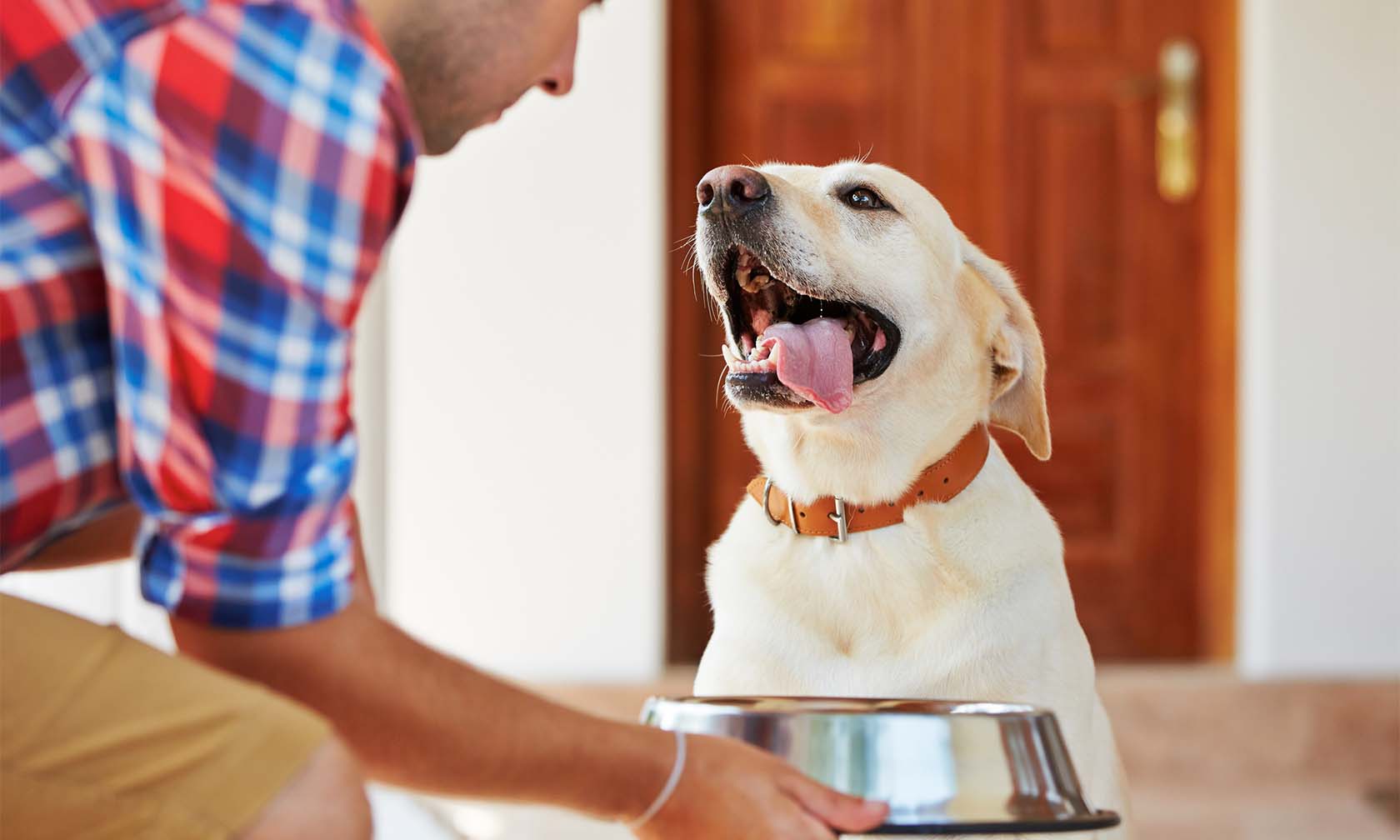
Discover how India’s pet parents are redefining pet care with nutrition, wellness, and lifestyle choices that treat pets as family.
A quiet shift is unfolding across Indian homes — and it doesn’t come with a marketing pitch or a jingle. It shows up in the morning, meowing beside a laptop, on long car rides with wagging tails, and with treats served with the same thoughtfulness reserved for family dinners.
The Indian pet care market, especially pet food, is no longer just about feeding an animal. It’s about nurturing a bond. A new generation is driving this change, viewing pets not as pets but as equal members of the household.
A New Generation of Pet Parents: The Rise of the “Cat Dad”
Until recently, cats in Indian homes were viewed as mere companions – quiet, low-maintenance, and typically left alone. But walk into any urban apartment in Bengaluru, Pune, or Hyderabad today, and you might meet a very different kind of cat parent — young, male, and deeply involved in their cat’s life.
This generation of Gen Z and Millennial men are adopting cats in increasing numbers, overturning the old stereotype of the aloof feline and the indifferent owner. These new-age cat dads train their cats, walk them on leashes, host birthday parties, and post updates about their feline companions just as one would a sibling or a friend.
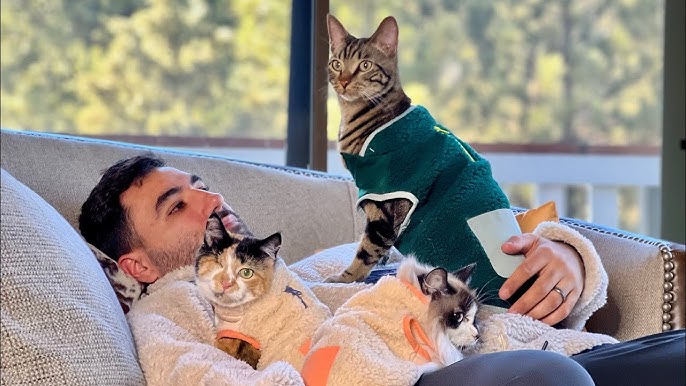
Cat ownership in India has seen a significant increase over the past year, and the number of multi-cat households is also growing. Pet stores are reporting an uptick in sales of harnesses, toys, and indoor climbing gear. The idea of cats being active participants in their human life is no longer a novelty — it’s a reality.
Dogs Are No Longer Just Pets — They’re Companions for the Everyday Journey
Dogs have long been a widespread presence in Indian households, but their role in day-to-day life is evolving.
It’s now common to see someone taking their dog along while running errands or attending a coffee meetup. Many dog owners, especially in cities like Mumbai and Chennai, are including their pets in everyday routines — not just morning walks or weekend playtime.
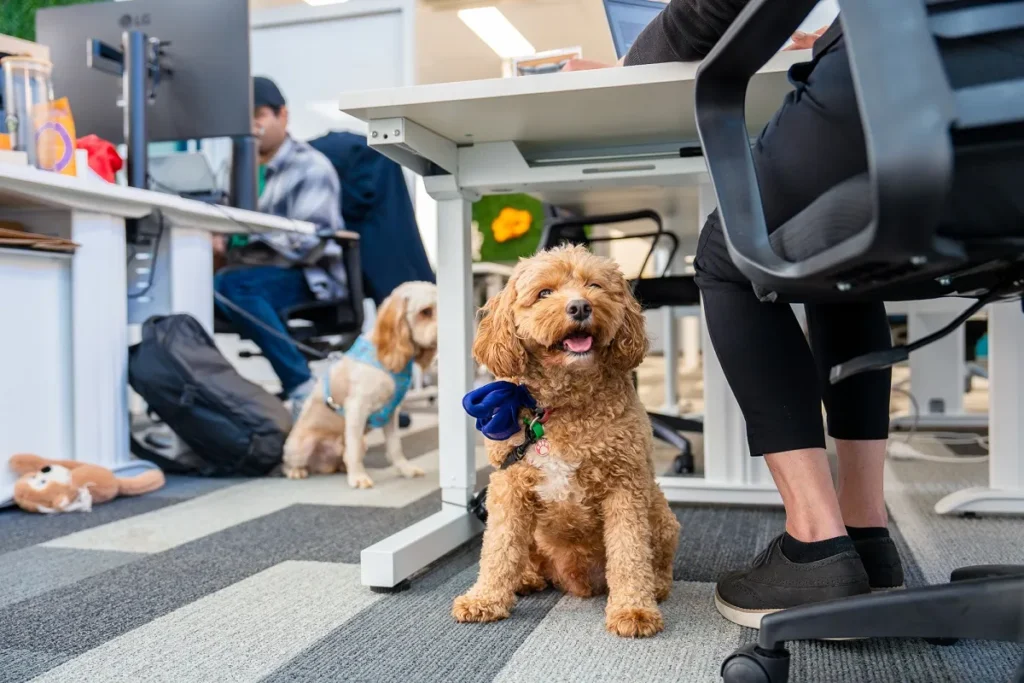
A growing number of offices are also becoming pet-friendly. For professionals balancing hybrid work, having a pet in the office helps ease stress and bring a sense of balance to the day.
Travel has become another area where the pet-human bond is growing stronger. Whether it’s a road trip to the hills or a flight to visit family, pet parents are finding ways to include their dogs in travel plans. Portable pet bowls, seat harnesses, and travel-friendly pet food packaging are becoming essentials.
A Shift in Priorities: Pet Nutrition Gets Personal
Gone are the days when leftovers from dinner were fed to the family dog or cat. Today’s pet parents are conscious, curious, and committed to ensuring their pets receive balanced and nutritious meals.
The most significant growth in the Indian pet food market isn’t in generic packaged food but in functional nutrition — toppers, mixers, and enhanced formulas. These aren’t just add-ons. They’re a reflection of how much thought people are putting into what their pets eat.
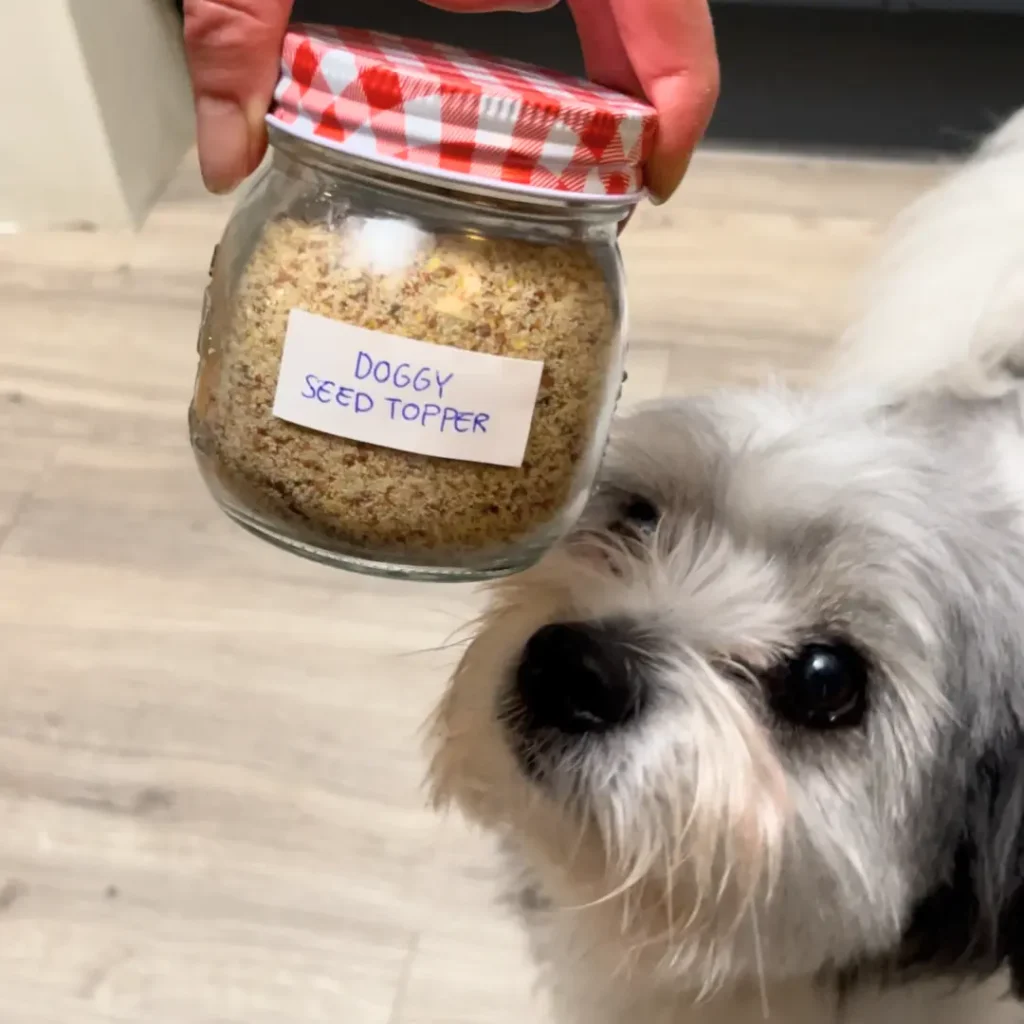
There’s a growing demand for food containing prebiotics, probiotics, and nutrients specifically designed to meet needs such as joint support, digestion, or coat health. Pet stores in cities like Delhi and Kochi now have entire aisles dedicated to specialised nutrition, with clear labels, sourcing details, and tailored formulations.
Supplements Are Becoming Standard in Pet Care
Just as Indian families have long relied on tonics, vitamins, and ayurvedic boosters, they’re now extending this care to pets. Supplements for pets are no longer considered extras — they’re becoming a fundamental part of the routine.
Among dogs, joint health and multivitamins are the top priorities. For cats, digestion, immunity, and coat health are common concerns.
This change represents a larger shift: pet owners are transitioning from reactive care (treating illnesses only) to proactive wellness. It’s the same shift we’ve seen in human health — focusing on long-term quality of life, not just survival.
The Celebration Culture: Pets Are Part of the Family
In many Indian homes today, pets are treated with the same affection as any other family member. There are birthday cakes made specially for dogs. Cats have wardrobes. People plan entire weekends to ensure that pets receive their own time in the sun, sometimes literally.
Pet influencers are on the rise, as are social media accounts dedicated to four-legged companions. Gifting culture now includes pet-friendly hampers. Festivals like Diwali or Christmas see pet parents buying new toys and treats, just as they would for their children.
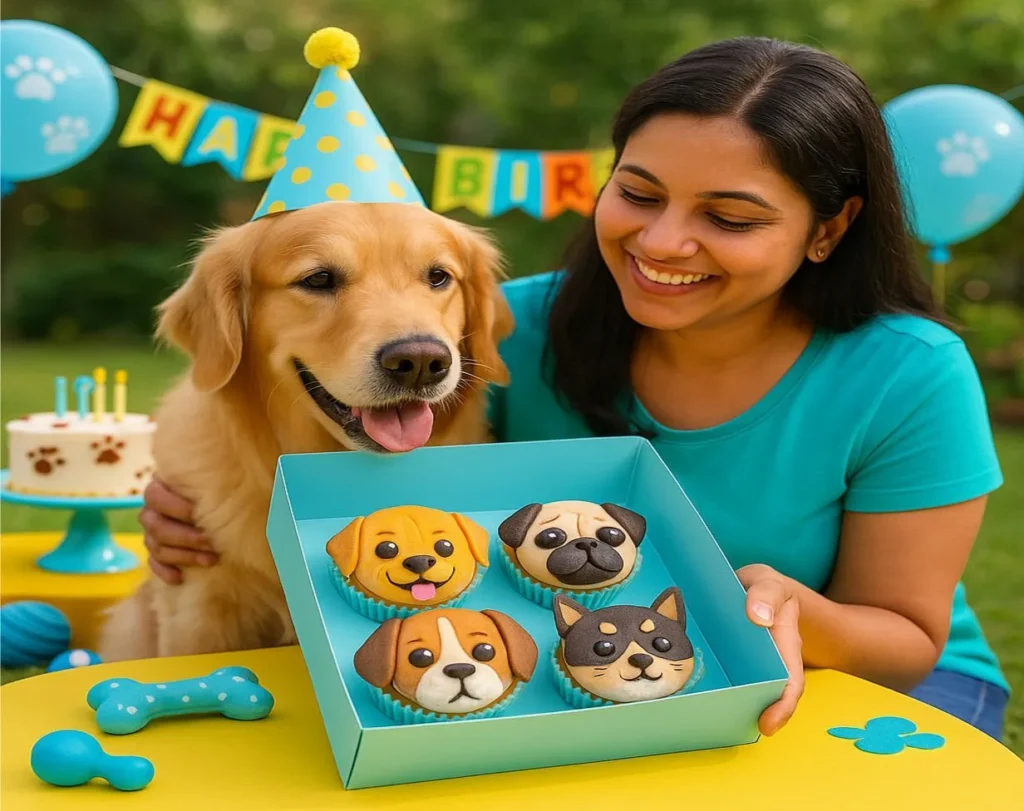
This lifestyle integration is changing how products are bought, packaged, and presented. There’s a growing need for convenient, high-quality products that cater not just to nutrition but also to emotional care and bonding.
Looking Ahead: What This Means for the Industry
This indicates that the Indian pet industry is expanding in both size and depth. The emphasis is no longer on the basic “need” to feed a pet but on the desire to enrich their life.
Manufacturers and retailers will need to think more holistically:
- Products must cater to health and emotion.
- Packaging must support portability and convenience.
- Brands must connect with pet parents who see themselves not as owners but as caregivers.
And perhaps most importantly, the industry must recognise that behind every product decision is a human being who sees their pet as a family — deserving of nothing less than the best.
Final Word
India’s pet food and care space is entering a new era. It’s being shaped not by market reports or global trends but by heartfelt decisions made in living rooms and kitchens across the country.
It’s no longer just about the food in the bowl — it’s about the love, attention, and care behind it.



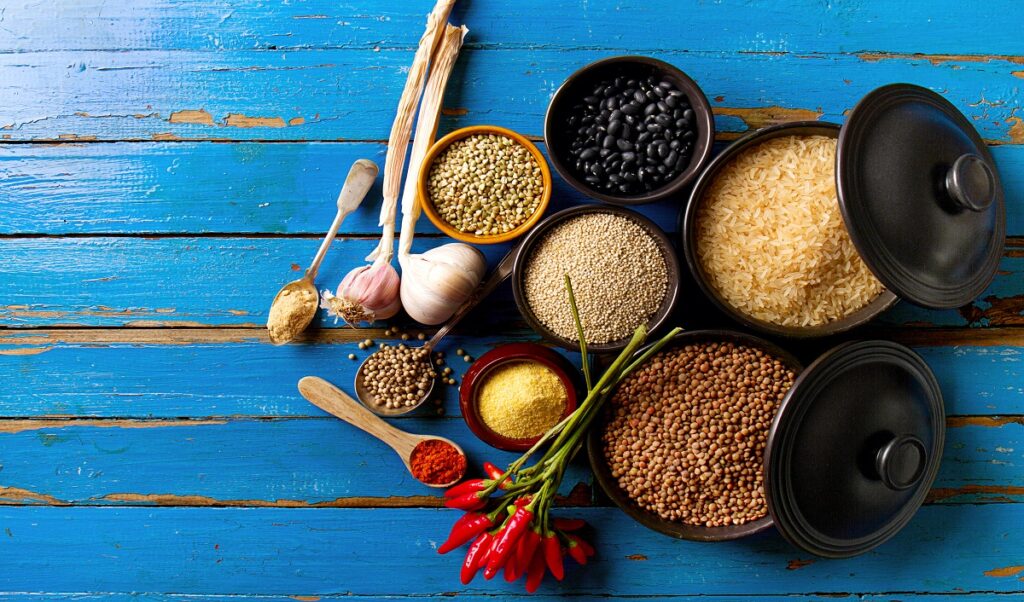
1 Comment